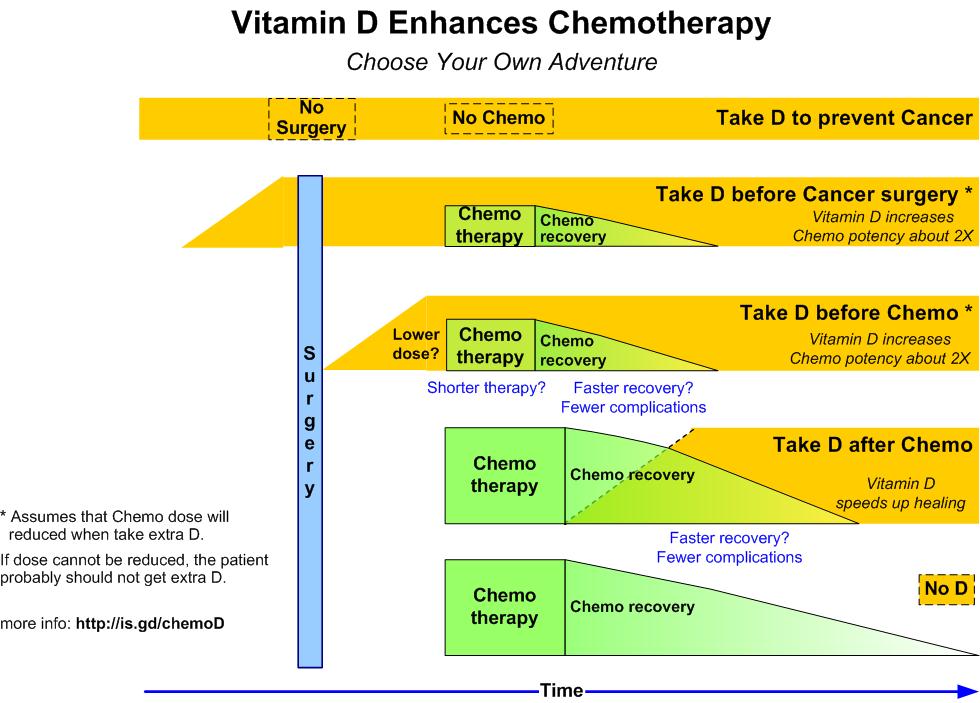Radiation therapy for cancer should be helped by Vitamin D
Immune Response: A Missed Opportunity Between Vitamin D and Radiotherapy
Review Front Cell Dev Biol . 2021 Apr 13;9:646981. doi: 10.3389/fcell.2021.646981
Xinyue Yu 1, Baocai Liu 1, Ning Zhang 1, Qian Wang 1, Guanghui Cheng 1

 click on chart for details* Vitamin D prevents and treats cancer in many ways – May 2021* 3X less pelvic inflammation from cancer radiation if high level of vitamin D – Feb 2015* Cancer patients need more vitamin D, even those who are supplementing – observational study June 2021---Note: To be of a benefit, Vitamin D levels need to be raised BEFORE radiation therapy A large vitamin D loading dose can restore Vitamin D levels in 10 days 1. Loading Dose of Vitamin D category has the following{include}
click on chart for details* Vitamin D prevents and treats cancer in many ways – May 2021* 3X less pelvic inflammation from cancer radiation if high level of vitamin D – Feb 2015* Cancer patients need more vitamin D, even those who are supplementing – observational study June 2021---Note: To be of a benefit, Vitamin D levels need to be raised BEFORE radiation therapy A large vitamin D loading dose can restore Vitamin D levels in 10 days 1. Loading Dose of Vitamin D category has the following{include}📄 Download the PDF from Vitamin D Life
Radiotherapy (RT) is a mainstay treatment in several types of cancer and acts by mediating various forms of cancer cell death, although it is still a large challenge to enhance therapy efficacy. Radiation resistance represents the main cause of cancer progression, therefore, overcoming treatment resistance is now the greatest challenge for clinicians. Increasing evidence indicates that immune response plays a role in reprogramming the radiation-induced tumor microenvironment (TME). Intriguingly, radiation-induced immunosuppression possibly overwhelms the ability of immune system to ablate tumor cells. This induces an immune equilibrium, which, we hypothesize, is an opportunity for radiosensitizers to make actions.
Vitamin D has been reported to act in synergistic with RT by potentiating antiproliferative effect induced by therapeutics. Additionally, vitamin D can also regulate the TME and may even lead to immunostimulation by blocking immunosuppression following radiation. Previous reviews have focused on vitamin D metabolism and epidemiological trials, however, the synergistic effect of vitamin D and existing therapies remains unknown.
This review summarizes vitamin D mediated radiosensitization, radiation immunity, and vitamin D-regulated TME, which may contribute to more successful vitamin D-adjuvant radiotherapy.
